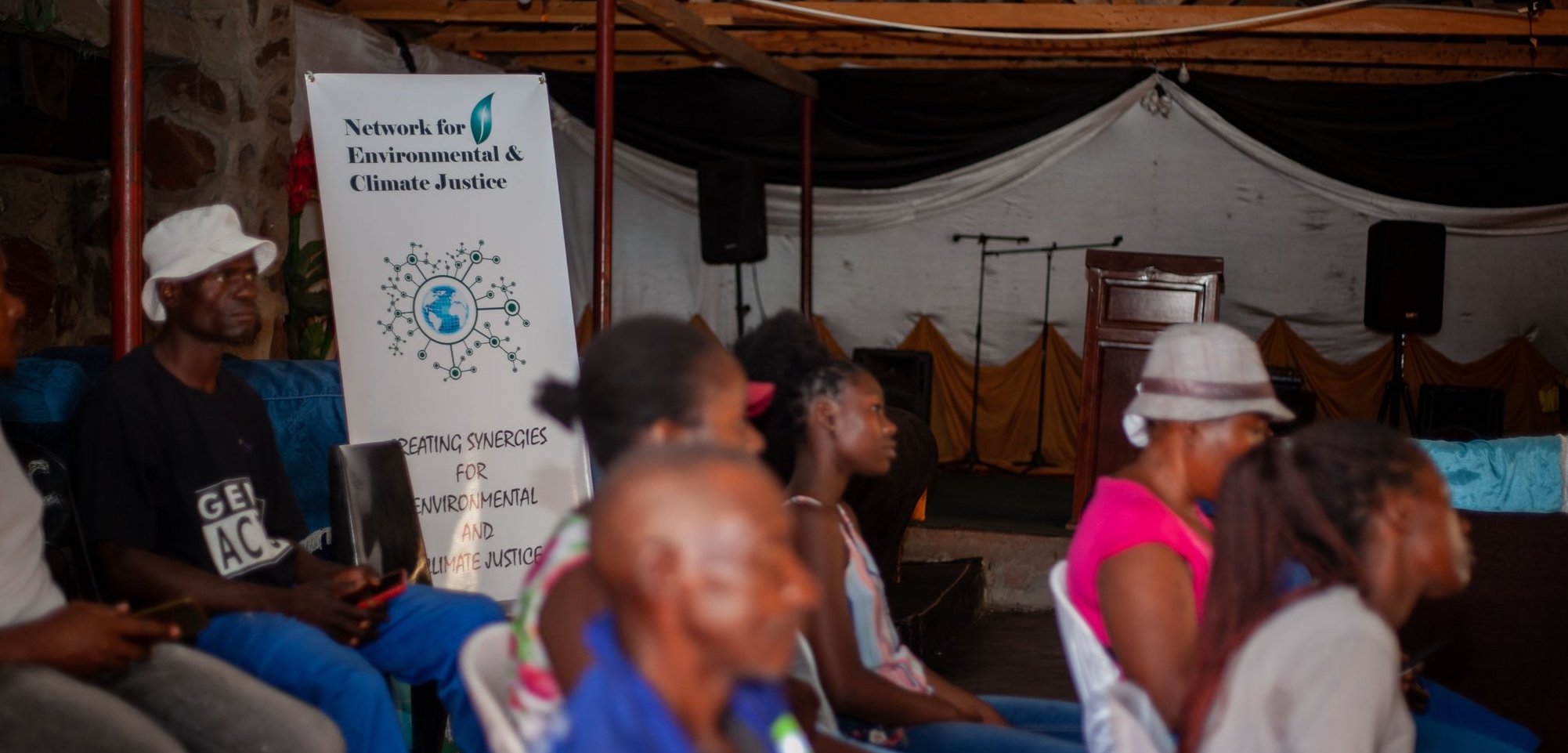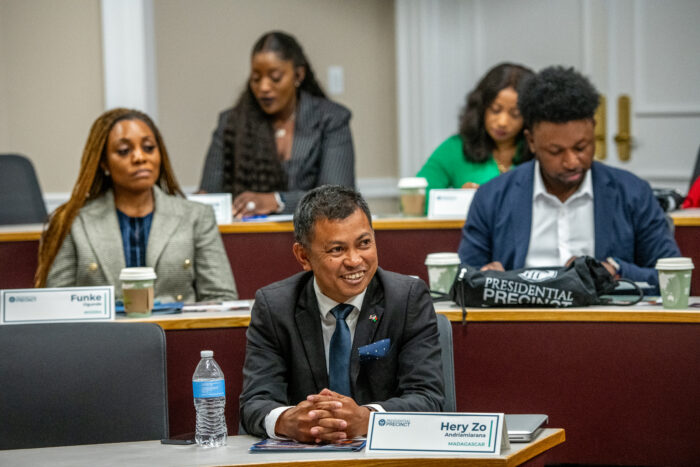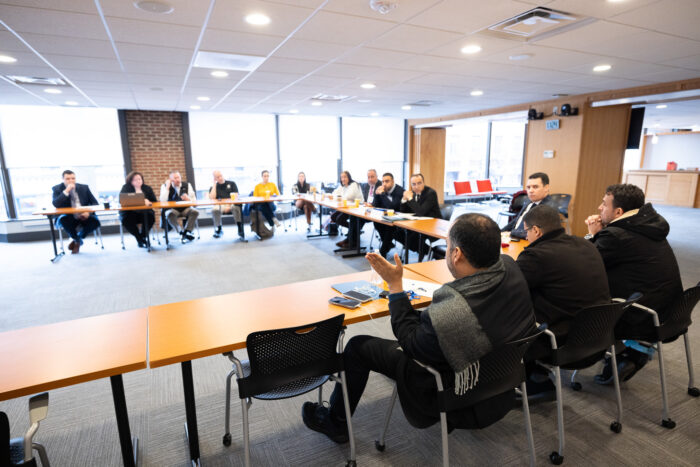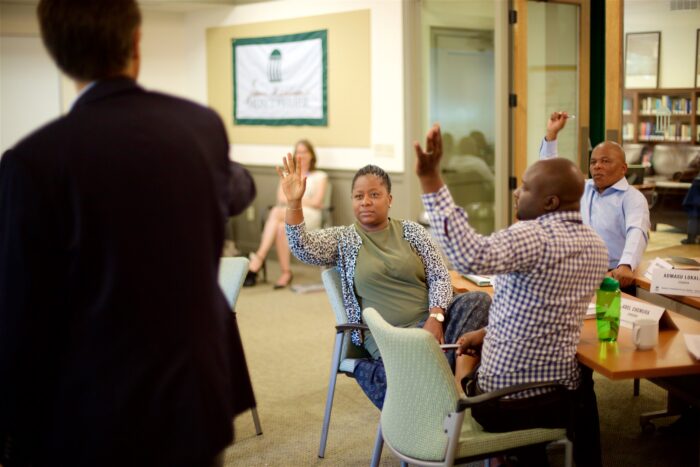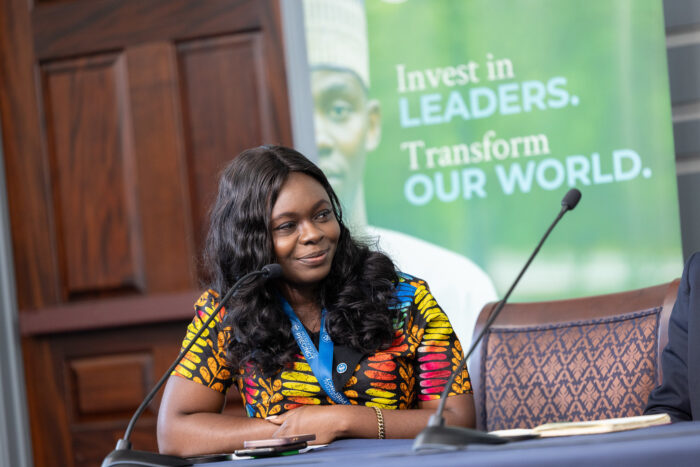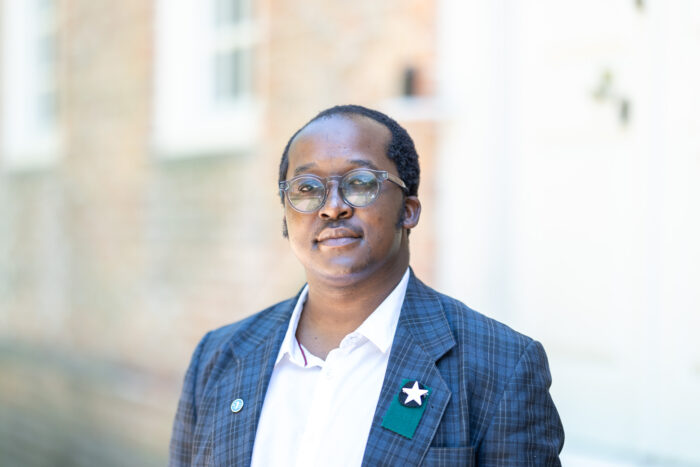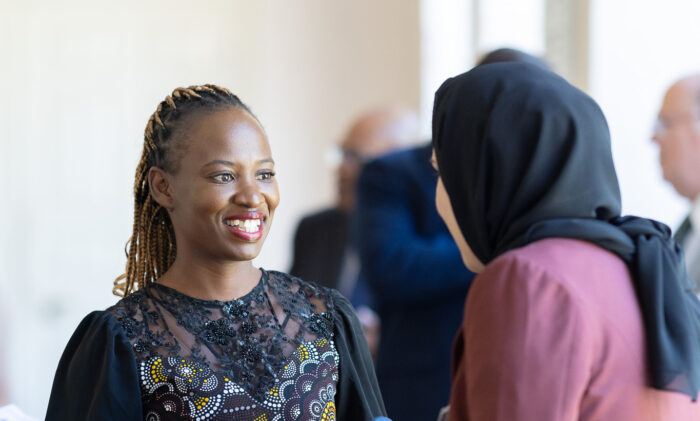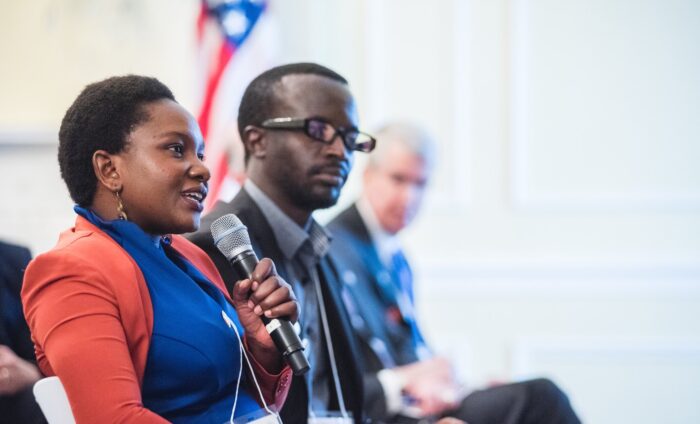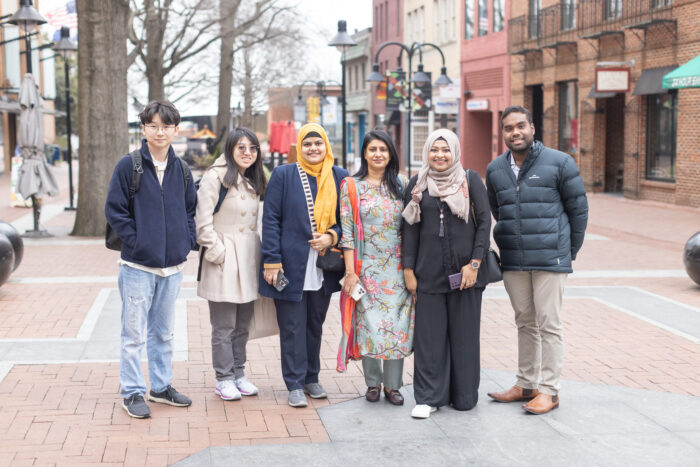Alumnus Launches Community Network for Climate Justice in Zimbabwe
September 2023 in Nairobi, Kenya, 18 heads of state from across the African continent met together for the inaugural Africa Climate Summit, ultimately drafting a call to action now known as the Nairobi Declaration.
Several key themes emerge from this document, including (1) that Africa’s rapid population growth and large-scale natural resources will continue to place the continent as a central player in climate solutions and risks alike, and (2) that climate change poses threats to individual livelihoods, national economies, and everything in between.
The Nairobi Declaration states: “Africa possesses both the potential and the ambition to be a vital component of the global solution to climate change. As home to the world’s youngest and fastest-growing workforce, coupled with massive untapped renewable energy potential, abundant natural assets and an entrepreneurial spirit, our continent has the fundamentals to spearhead a climate compatible pathway as a thriving, cost-competitive industrial hub with the capacity to support other regions in achieving their net zero ambition.”
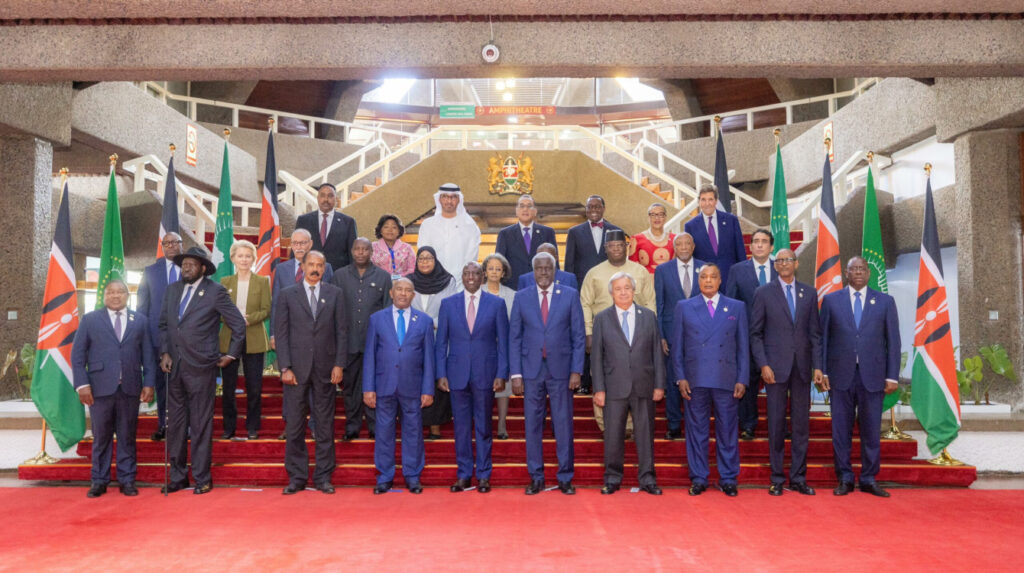
Delegates will carry the Nairobi Declaration to the UN Climate Change Conference (COP 28), scheduled for early December in the UAE; so as Africa presents its unified voice to the world, what does this mean for civic leaders on the ground?
Edgar Gweshe, a 2019 Alumnus of the Mandela Washington Fellowship, came to the Presidential Precinct as a journalist focused on issues of economic and social justice. Recent concerns around environmental justice have presented a critical opportunity for Edgar to leverage his skills and networks, to the benefit of his country and community.
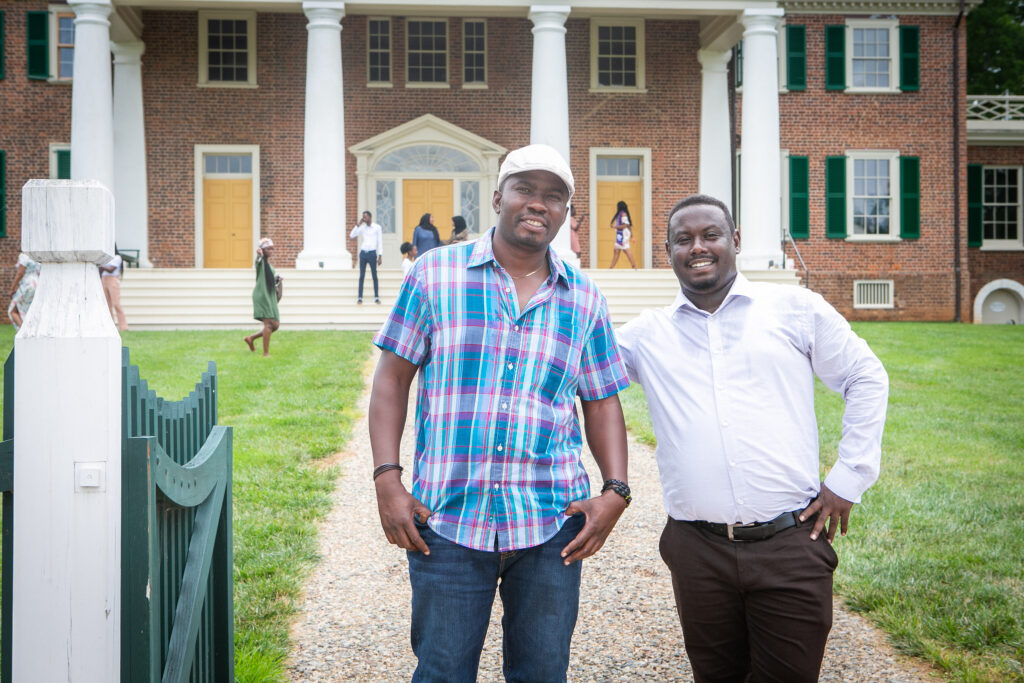
“Communities in Zimbabwe continue to suffer from the effects of mining activities and climate change,” Edgar told us. “Our constitution guarantees fundamental human rights, and much of this work starts with ensuring that communities know their rights, as enshrined in the constitution.”
Continuing in his update, Edgar said: “As a result of my association with the Presidential Precinct, I have managed to create networks at the regional and international level, and I continue to leverage on these to learn from best practices and exchange ideas with colleagues.”
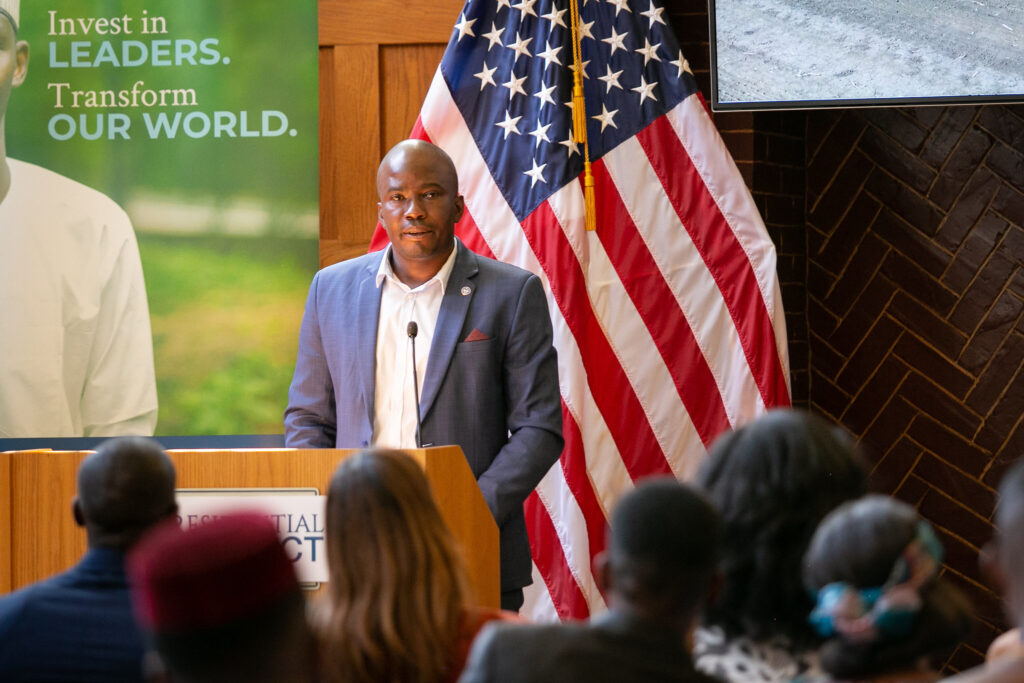
Edgar and colleagues have just launched a network of their own, called the Network for Environmental and Climate Justice (NECJ). NECJ is charged to “work towards ensuring environmental and climate justice in areas affected by internationally-run mining activities, as well as areas suffering from the adverse effects of climate change.”
Since its founding, NECJ has hosted a series of workshops to better inform residents of environmental laws and rights, promote social accountability for climate justice, and improve access to reliable data for journalists, NGO leaders, and other community members alike. While addressing a global challenge like climate change may seem overwhelming or out of reach, NECJ steps in to provide reliable and accessible steps for citizen participation.
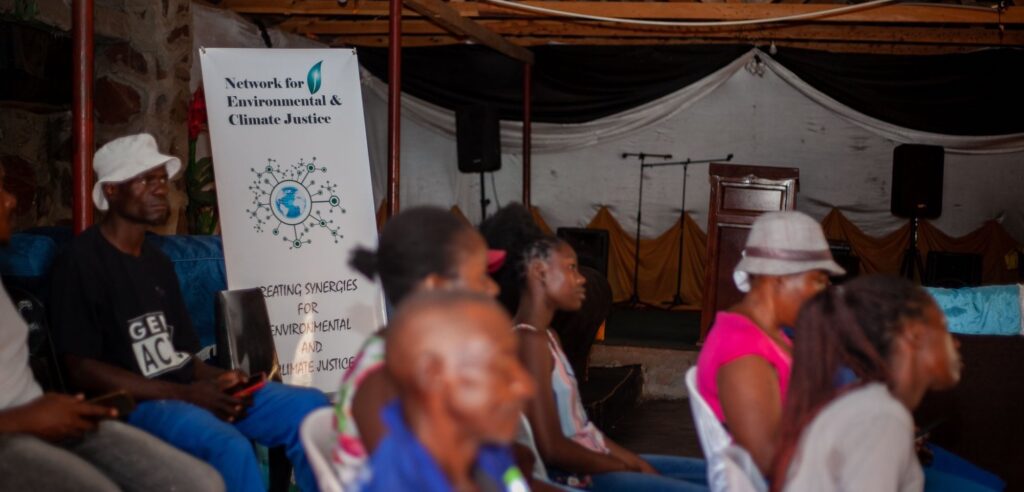
Because of organizations like NECJ, the realities of the Nairobi Declaration will not only reach COP 28, but also local communities in Harare and beyond.
“The push for environmental and climate justice really needs to start from the community level … a bottom up approach,” Edgar explained. “This is in line with NECJ’s thrust to empower communities with knowledge while creating a broader movement at the national level.”

